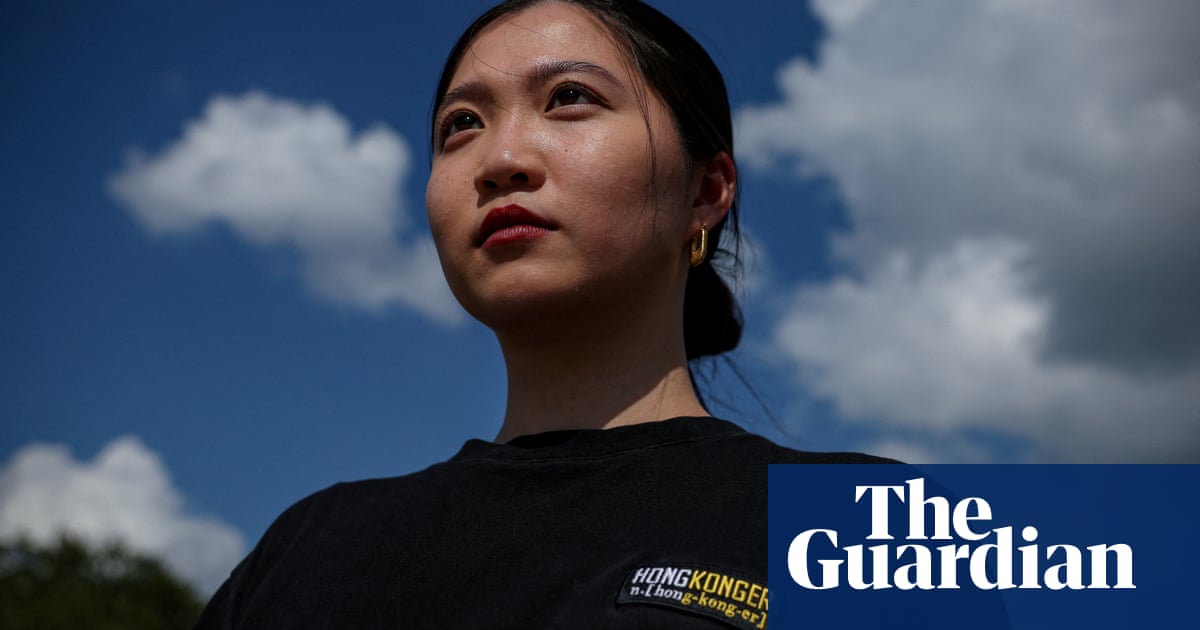The recent article highlights the arrest of Anna Kwok's father and brother in Hong Kong, sparking condemnation from human rights organizations. This marks a significant escalation in the tactics employed by Hong Kong authorities under the national security law, particularly targeting the families of activists living abroad. The article reflects the ongoing tensions between pro-democracy advocates and the Chinese government, revealing deeper societal and political implications.
Purpose of the Article
This news aims to draw attention to the repressive measures taken by the Hong Kong government against dissidents and their families. By reporting on the arrests of Kwok's relatives, the article seeks to illustrate the extent of the crackdown on free expression and the lengths to which authorities will go to silence opposition. The framing of the arrests as a form of collective punishment raises awareness about the risks faced by activists and their loved ones, thereby galvanizing support for the pro-democracy movement.
Public Perception
The article is designed to evoke sympathy for the families of activists while portraying the Hong Kong government as increasingly authoritarian. By emphasizing the emotional impact of the arrests on family members, it seeks to foster a broader understanding of the human rights violations occurring in the region. This narrative could rally further international support for the pro-democracy cause and enhance public outrage against the Chinese government’s actions.
Potential Omissions
While the article focuses on the arrests and the responses from human rights groups, it may downplay the broader context of Hong Kong's political climate. For instance, it does not delve into the reasons behind the national security law's implementation or the perspectives of those who support it. By concentrating solely on the negative implications, there is a risk of oversimplifying the complex situation.
Manipulative Elements
The article employs emotionally charged language and highlights the concept of collective punishment, which can be seen as a manipulative tactic to elicit a strong reaction from readers. By portraying the arrests as blatant human rights violations, it aims to reinforce a negative image of the Chinese government and build solidarity among pro-democracy supporters. This targeted approach can amplify existing biases against the authorities.
Comparison with Other News
In the context of similar reports on Hong Kong's political situation, this article aligns with a broader narrative that emphasizes human rights abuses and government repression. Such reports often share common themes, including the targeting of activists and the use of legal mechanisms to suppress dissent. This consistent portrayal helps reinforce a particular viewpoint within the media landscape, contributing to an echo chamber effect among audiences.
Impact on Society and Politics
The coverage of these arrests is likely to influence public opinion, potentially swaying undecided individuals toward supporting the pro-democracy movement. It may also provoke further international scrutiny and condemnation of China’s human rights record, affecting diplomatic relations. Additionally, the portrayal of the Hong Kong government as oppressive might inspire domestic protests, leading to increased social unrest.
Community Support
The article is likely to resonate with human rights advocates, pro-democracy activists, and global citizens concerned about authoritarianism. By highlighting the plight of families affected by government actions, it seeks to mobilize support from those who value civil liberties and human rights.
Economic and Market Implications
While the article primarily focuses on human rights, the ongoing turmoil in Hong Kong could have ripple effects on the economy and financial markets. Companies operating in the region may face uncertainties, impacting stock performance in sectors sensitive to political stability. Any escalation in protests could lead to further economic sanctions or boycotts, affecting businesses linked to the Chinese government.
Global Power Dynamics
The events reported in the article underscore the tension between China and the West regarding human rights and governance. As international stakeholders react to these developments, they may influence geopolitical alliances and trade relations. The focus on human rights in Hong Kong adds to the existing narrative surrounding China’s influence on global affairs, which remains a pertinent topic in today’s discourse.
Use of AI in Writing
There is no clear indication that artificial intelligence was used in crafting this article. The language and structure appear to align with traditional journalistic practices rather than AI-generated content. However, if AI were involved, it might have influenced the tone or focus of certain sections to emphasize emotional appeal or urgency, but this remains speculative.
In conclusion, the article presents a compelling case about the ongoing repression of activists and their families in Hong Kong. While it effectively highlights human rights concerns, it also risks oversimplifying complex issues and fostering a singular narrative. Overall, its reliability is bolstered by the presence of credible voices, but readers should remain aware of the potential bias in its framing.
